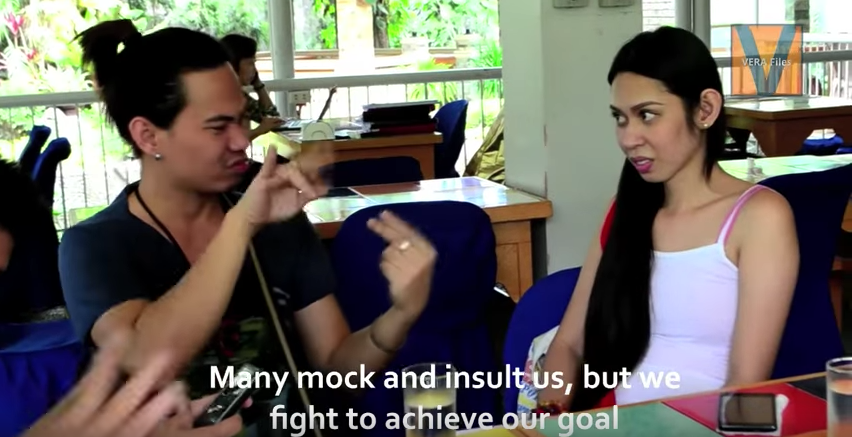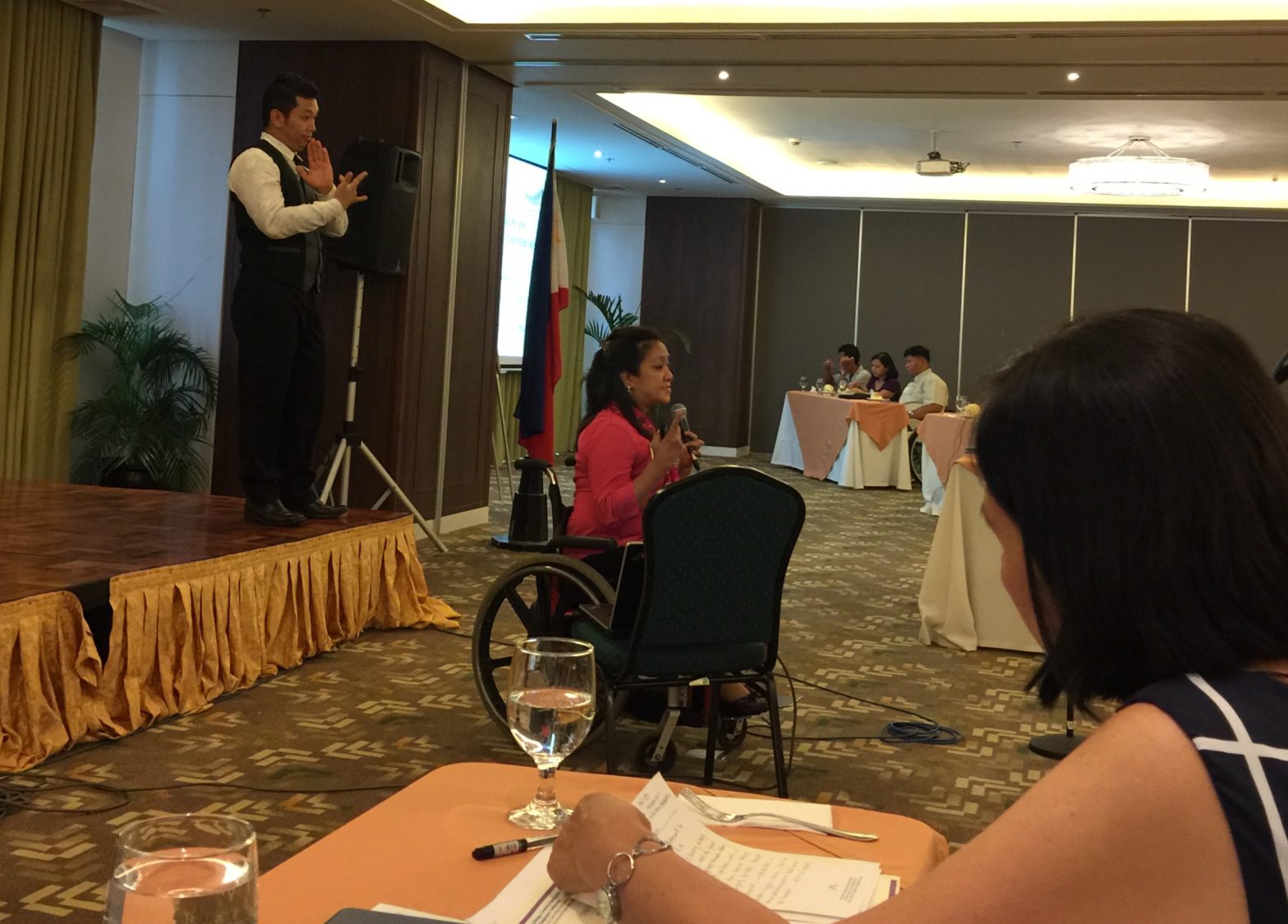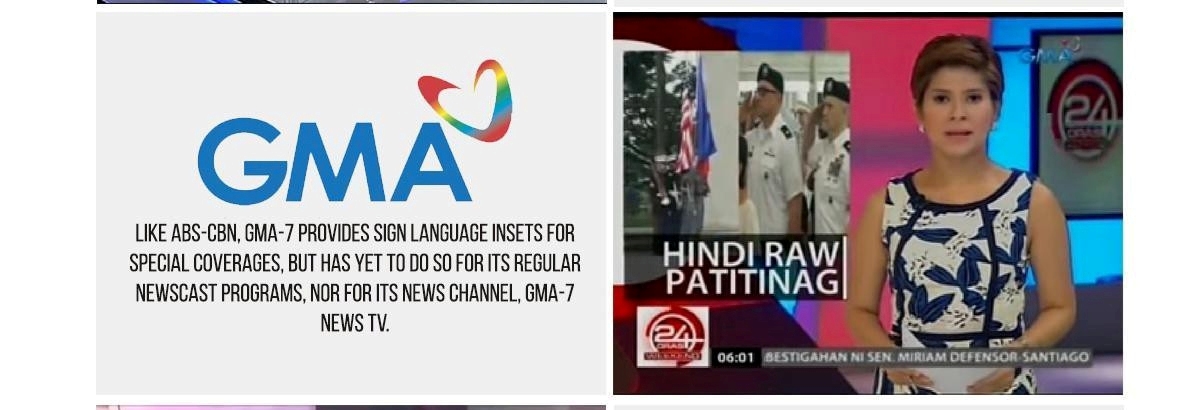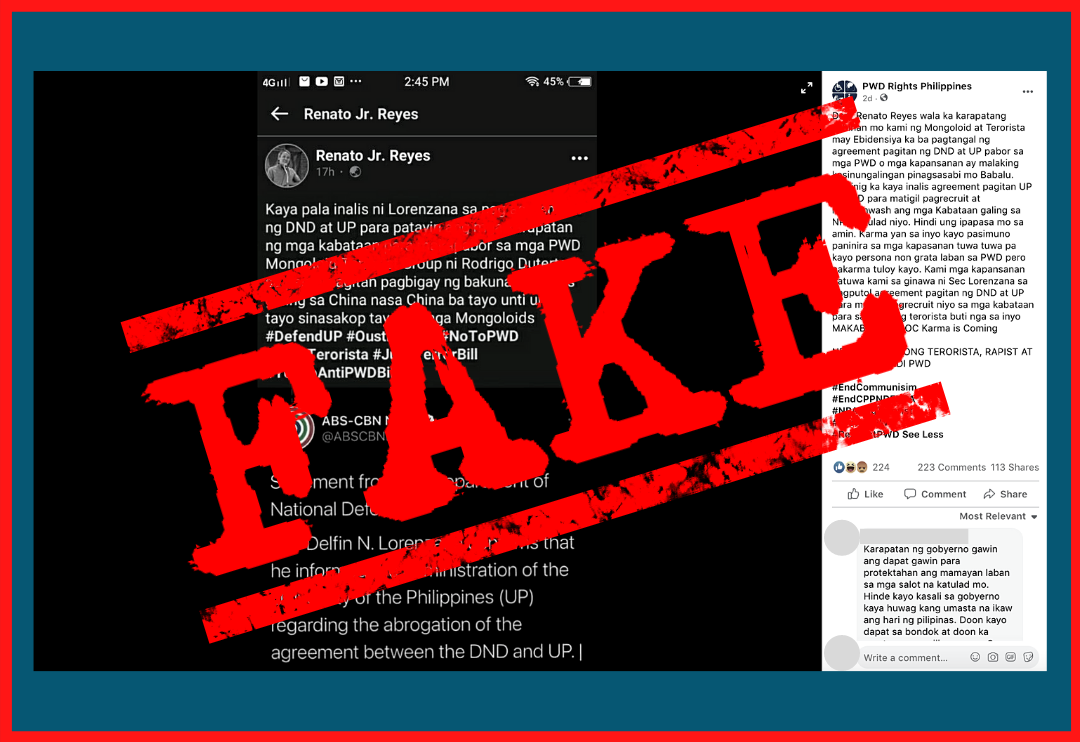By FEONA IMPERIAL
SEVEN o’clock on a Monday morning, the train station is swarming with commuters. After hours of queueing, it is Bibo Lee Perey’s turn to board the train’s first coach, squeezing himself in amid a bunch of women, children and elderly people.
A guard blows his whistle at Perey. The man is singled out, again. “The other side,” he is told, but couldn’t hear a thing. For someone whose disability is not manifest, clearance is given only when he starts signing.
All his life, Perey felt like he always had to prove himself, from train rides to gym classes and workspaces.
In high school, he was called out to do extra push-ups for not being able to shoot the hoop. Every day was a game of attack-and-defense, even beyond the court, for a teenager who had yet to figure out gender issues.
Still, he graduated top of his class. The grueling three-hour train rides eventually discouraged him from finishing college, and he swore to never find himself in a basketball court again.
He knew he was meant for something else — a bigger, freer stage that was for him to own — one that makes his heart race for the right reasons.
Sometime in 2007, Perey had found himself on the runway, sashaying in a national costume and high heels, pausing and smiling to a cheering crowd. The question-and-answer portion, a staple in beauty contests, was conducted in sign language.
Perey was crowned the first Miss Deaf Gay Philippines, a feat that would later inspire him to be at the forefront of battling “quadruple” standards: deaf and LGBT (lesbian, gay, bisexual and transgender) rights.
“We don’t want society to leave us behind because of who we are,” said the 34-year-old Tagaytay native, the founder and president of Pinoy Deaf Rainbow, Inc. (PDR), the pioneering deaf LGBT organization in the country.
‘Brilliant and bravo’
Perey, more popularly known as “Bibo,” is the middle child in a family of five, three of whom were born with a hearing disability.
Raising three children with disabilities had always been a challenge for their parents, especially for their late father whose words inspire Perey until today.
It was their father who, in the face of his gender and disability, saw and believed in his being “bravo” and “brilliant,” thus the nickname, “Bibo.”
“He taught me how to stand up and fight for my life as a deaf person, and to be proud and worthy of respect and love,” Perey said.
‘Double discrimination’
Initially hailed the Deaf Pink Club, Perey and colleagues formed PDR. They share the same dream of giving deaf and LGBT Filipinos a chance at living decent lives.
Their battles are doubled and the same: mocked, insulted, treated unfairly for being minoritized on two grounds.
“As members of the deaf LGBT community, we experience double discrimination every day,” Perey said.
Differential treatment in the workplace, as well as lack of job opportunities are the biggest hurdles for the deaf LGBT.
Lack of job opportunities, gov’t support
Despite having the talent and skill in web design, hairdressing, and therapy, deaf LGBTs do not easily get hired because employers would always consider communication barriers, Perey said. Those who are lucky get hired but with little compensation.
“I feel that it is unfair on our behalf. Hearing persons are paid decent salaries, but deaf employees receive less when both of them possess the same talents and can do the same things,” he said.
This prompted him to form PDR, which aims to serve deaf LGBT Filipinos through socials and fellowships, education, capacity building, awareness-raising, networking, and advocacy.
From its small population of 50 members, PDR has widened its circle to include more than 100 advocates nationwide, composed of students and adolescents who participate in trainings, awareness campaigns, summer camps, and beauty pageants.
In the absence of a permanent office, the organization holds its meetings at Perey’s residence in Bulacan.
“We are willing to make the sacrifice even without the funding. We will continue this cause for the [deaf LGBT] community to have a brighter future,” Perey said.
Lack of funds and minimal government support prevent the organization from pursuing more projects such as livelihood programs. Perey and his friends shell out money to keep PDR alive, but contributions do not suffice sometimes.
Under Republic Act No. 7277 also known as the Magna Carta for Persons with Disabilities, the State shall develop the skills and potentials of PWDs to enable them to compete favorably for available opportunities, and endeavor to provide sheltered employment for them.
Abuse and sexual violence, lack of access
Perey is fueled by the hope that deaf LGBTs would no longer have to endure discrimination whether in terms of employment, justice, education or health, someday.
Even with laws safeguarding their rights, the deaf remain vulnerable to rape and other forms of abuse, and consequently, unfair trial due to their inability to pay for interpreters in court.
According to a 2012 UN report on violence against women and children with disabilities, communication barriers experienced by persons with sensory disabilities can lead to them being targeted in the belief that they will not be able to complain.
For deaf people, specifically, the absence of assistive devices and training to use them lead to a greater risk of violence and eventually, to the invisibility of the issue, the report said.
Deaf-friendly HIV services
Perey said at present, there are no available materials on HIV/AIDS awareness specifically catering to deaf LGBTs.
Though he made several attempts to reach out to the health sector, the past three years had earned him nothing but an unfulfilled promise.
In 2013, Perey sent a request for deaf-friendly HIV services to the Department of Health but got no reply. He also brought the petition on social action platform Change.org in November 2014.
“Some of our friends have already been infected by HIV, and yet there are no deaf-friendly HIV services in the country that could help us protect ourselves from HIV and access testing and treatment, care, and support,” he said.
According to the petition, the DOH “should include in the guidelines for HIV testing the possibility of a deaf client signing a waiver form to allow a sign language interpreter” who shall be “present during HIV testing and counseling” and shall be “bound to maintain confidentiality.”
Article 25 of the UN Convention on the Rights of Persons with Disabilities (UNCRPD) encourages Member-States to provide PWDs with free or affordable health care programs including those of sexual and reproductive health.
Anti-discrimination laws
While there are local laws on rights of the PWDs, and the Anti-Discrimination Bill filed in Congress, Perey said there has to be a law that would cater to both PWDs and members of the LGBT community.
Years from now, he hopes to leave a legacy as president and founder of the DRP: a shelter for youth deaf LGBTs who have been victims of neglect and abuse.
“We have our struggles for today but we know we can win them in the future,” Perey said.



